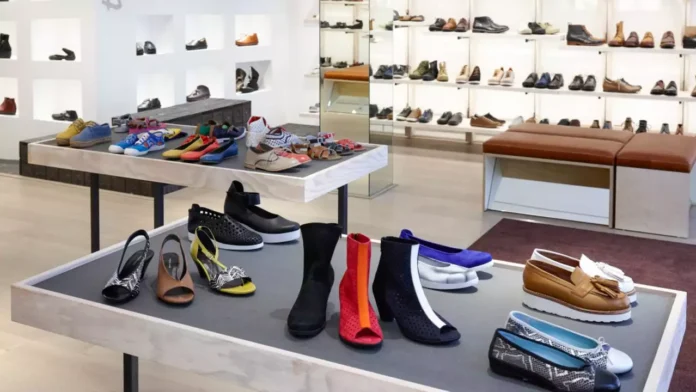The high-end footwear sector, which specializes in offering designer labels and luxury sports shoes, is facing upheaval. Manufacturers are expressing concerns that consumers might encounter difficulties purchasing the latest releases for the upcoming spring-summer season. This uncertainty arises from the fact that the Bureau of Indian Standards (BIS) has not certified factories in China and Vietnam, a prerequisite for permitting imports from these locations. Consequently, there is a risk that the footwear may be removed from retail shelves in the coming months.
The category of footwear, specifically leather shoes, has been subject to BIS Quality Control Orders (QCO) since July. For sports shoes, sandals, and slippers, the QCO has been implemented starting January 2024. According to QCO standards, all factories producing these products and certain specified key components like rubber, PVC, or polyurethane soles and heels must obtain BIS certification to import and sell such items.
The CEOs of five prominent brands, who preferred to remain anonymous, revealed that BIS has not certified the sourcing factories in China and Vietnam, which constitute a significant portion of the imported shoes for India. According to these executives, BIS officials have communicated their reluctance to certify factories in these markets. Moreover, they indicated that BIS will adopt a selective approach even for manufacturing units in Southeast Asia, including Thailand, Indonesia, and Malaysia. The concern is driven by apprehensions that some of these units may be owned by Chinese entities, similar to the situation in Vietnam.
“Government officials have said to import from Europe, which will involve higher manufacturing cost and freight, impacting the pricing strategy in India or to manufacture in the country where the expertise for high-end, designer and sports footwear is still limited,” said the chief of a leading shoe maker.
According to a high-ranking government official, the objective is to boost domestic manufacturing, given the substantial influx of substandard footwear from China. The Quality Control Orders (QCO) for 24 footwear and related products were officially announced in October 2020. Notably, the industry, particularly the larger and medium-scale players, has previously requested multiple extensions in response to these regulations.
Last month, there were reports that Nike had communicated with the government, urging the certification of supplier factories in Indonesia and Vietnam to maintain their import relationship. A representative from a prominent sports brand mentioned that they have successfully imported the stock for the upcoming spring season. However, they anticipate a potential impact on imports beyond that point if the certification issue is not resolved.
A significant number of premium and luxury brands import nearly their entire range of footwear, while brands such as Woodland, Puma, and Adidas acquire their high-end and technical shoes from international sources. The primary countries serving as major import hubs for these products include Vietnam, China, and a selection of Southeast Asian nations.


